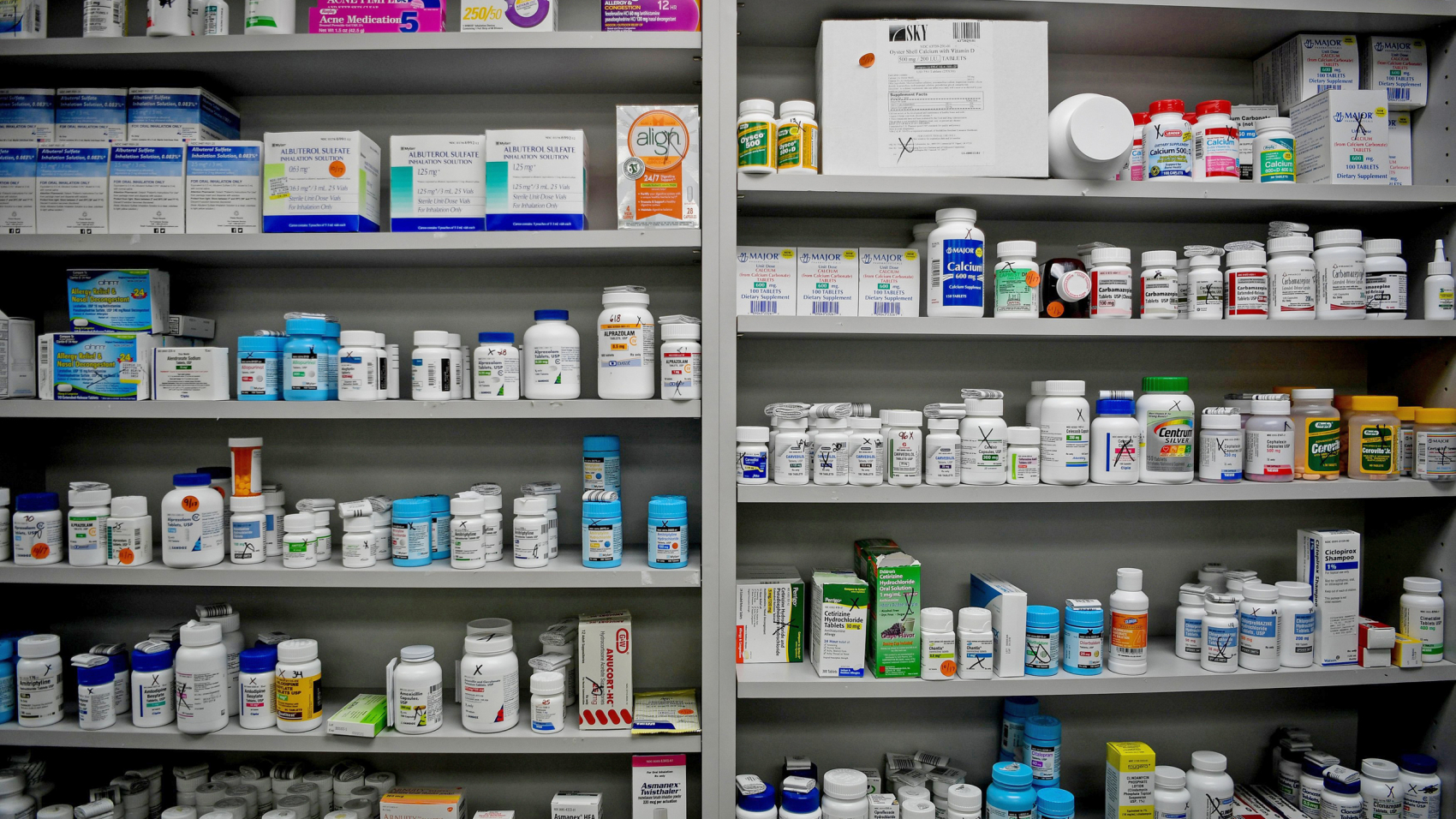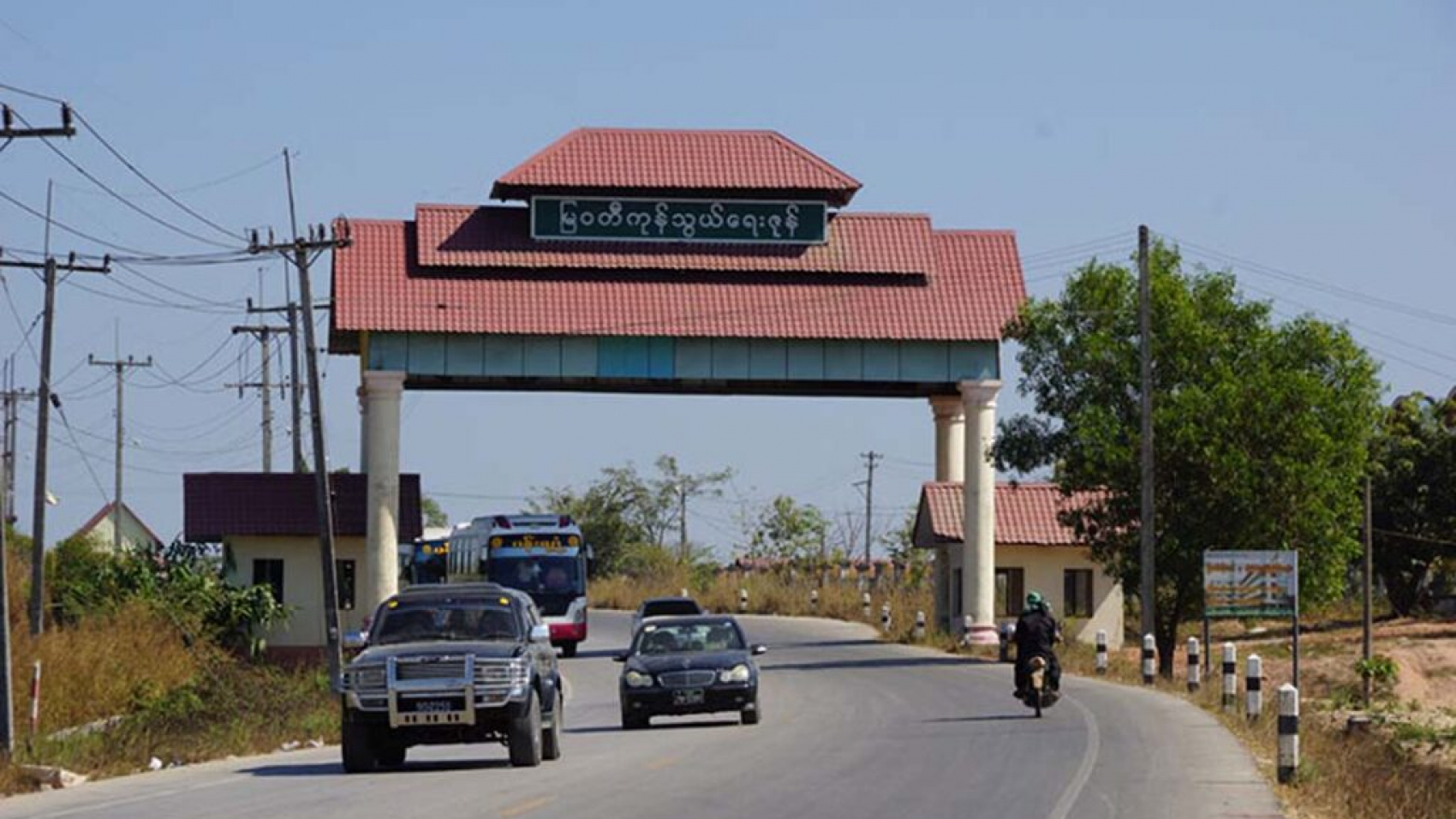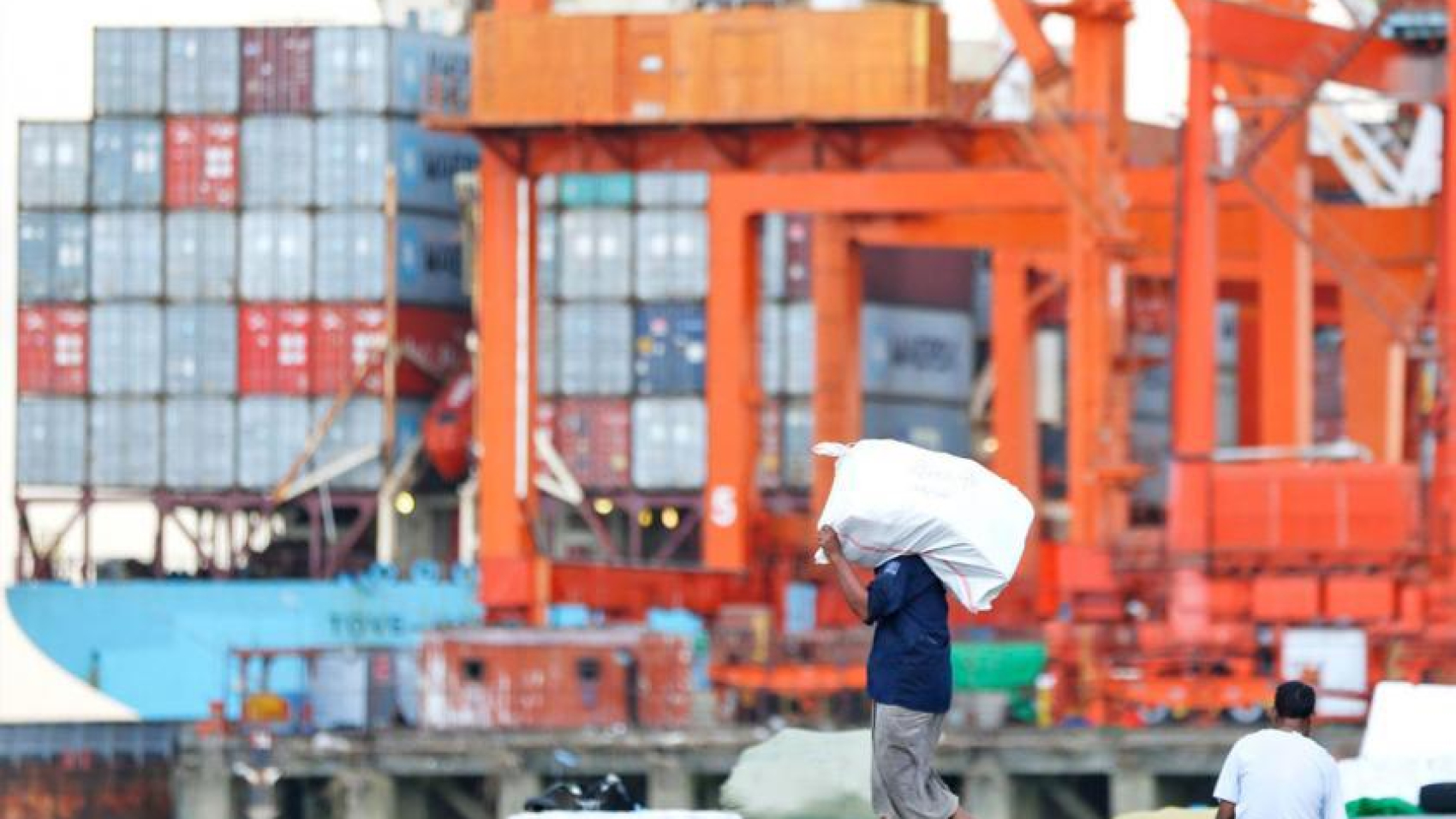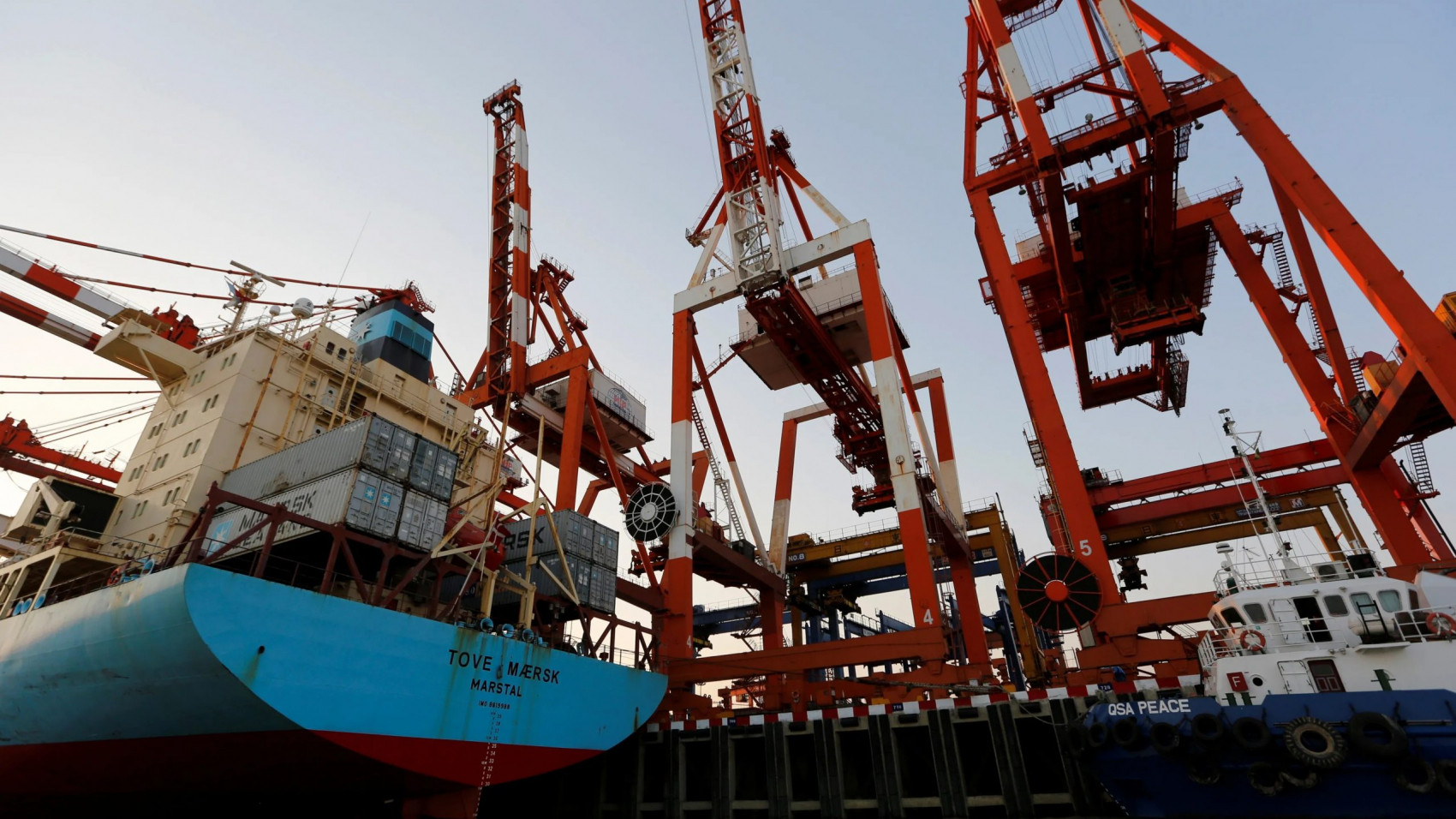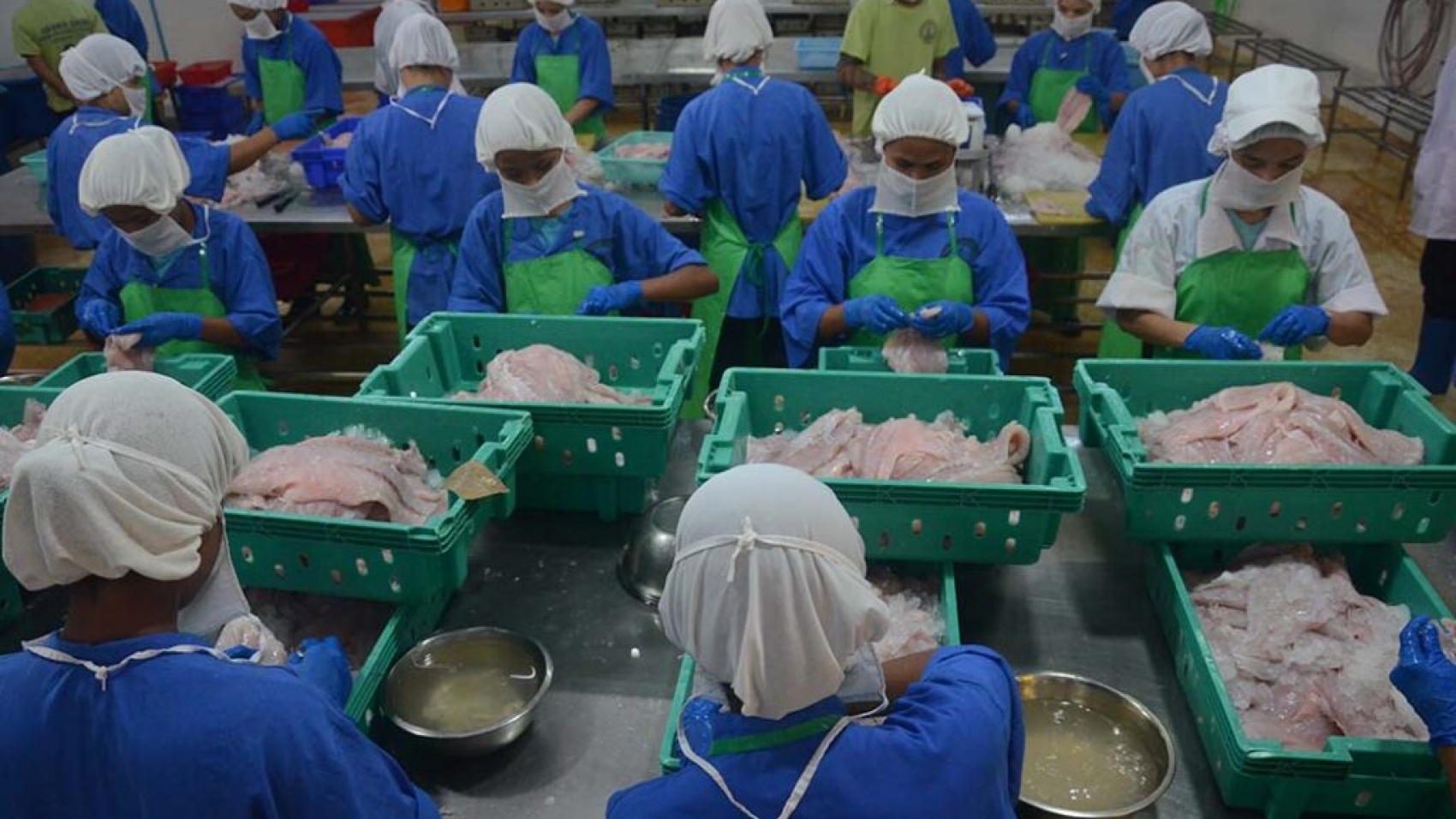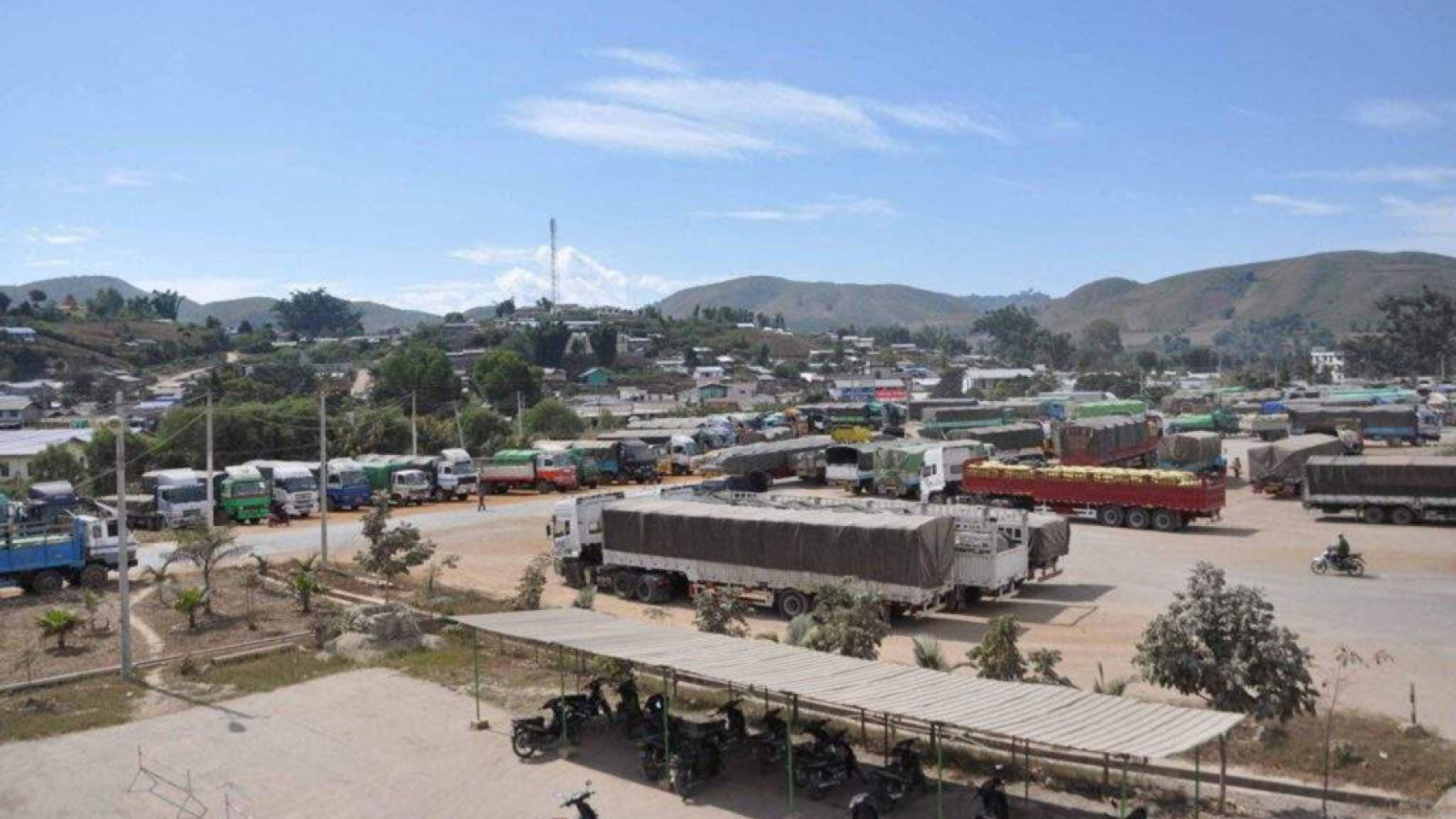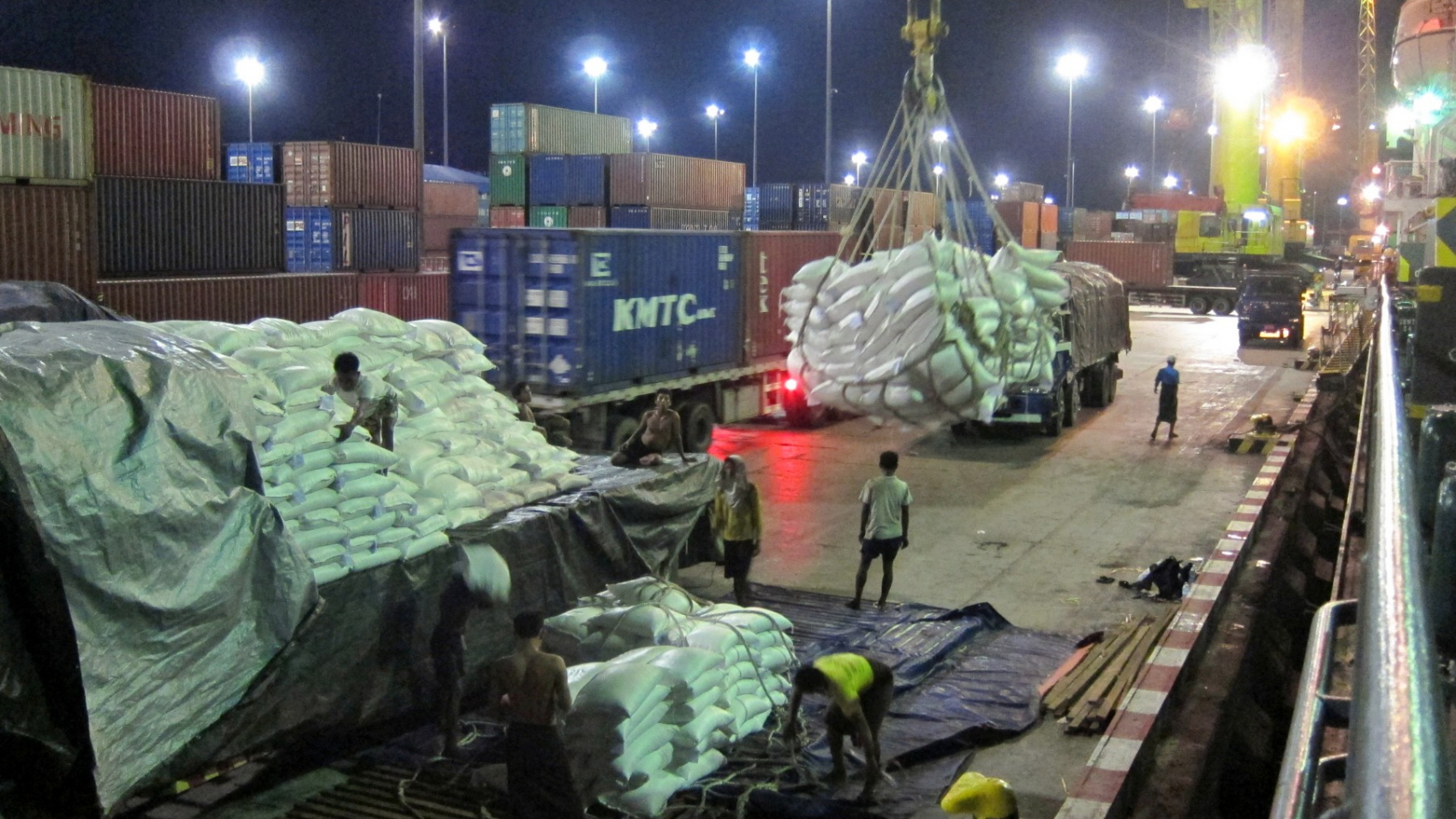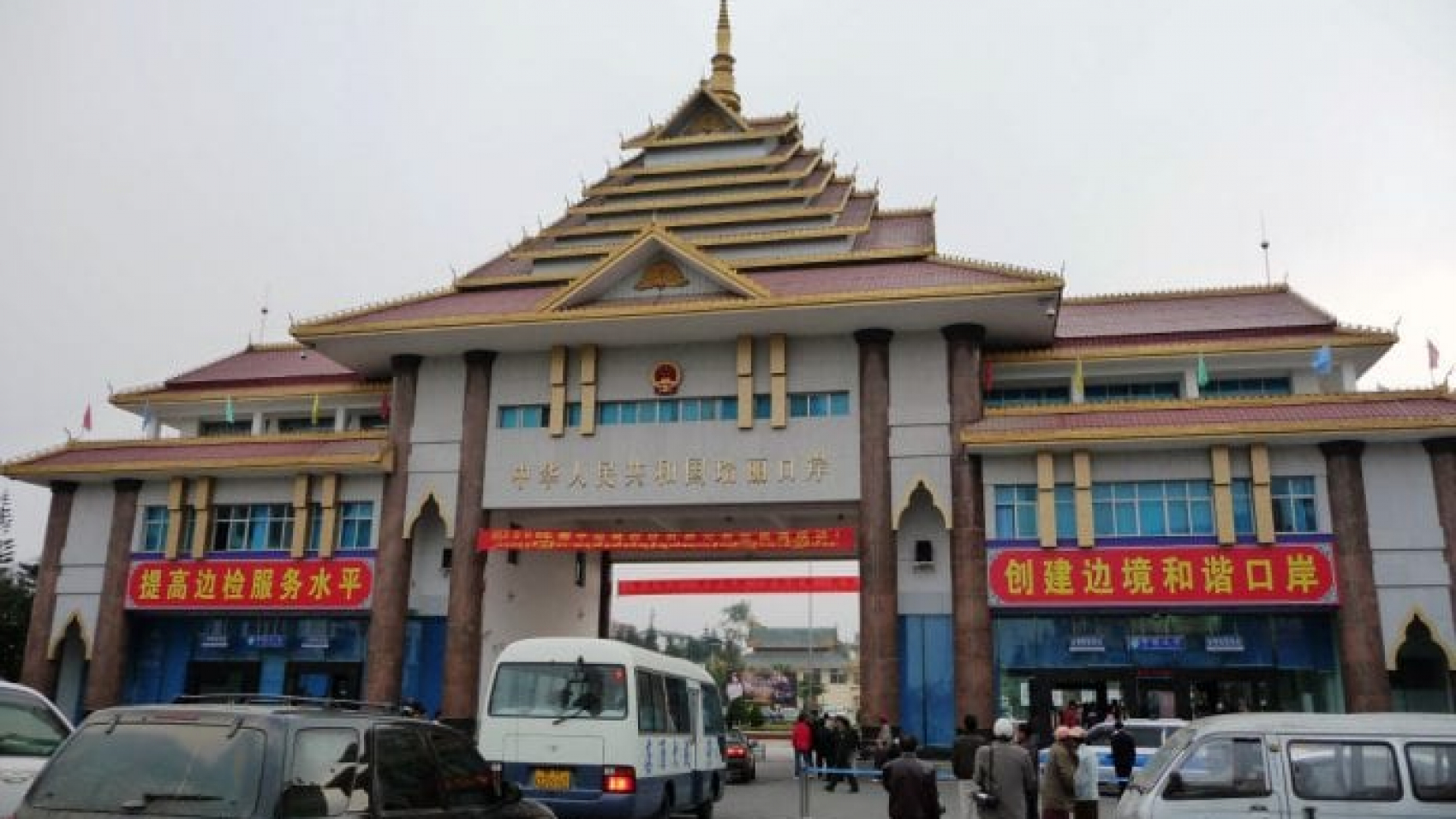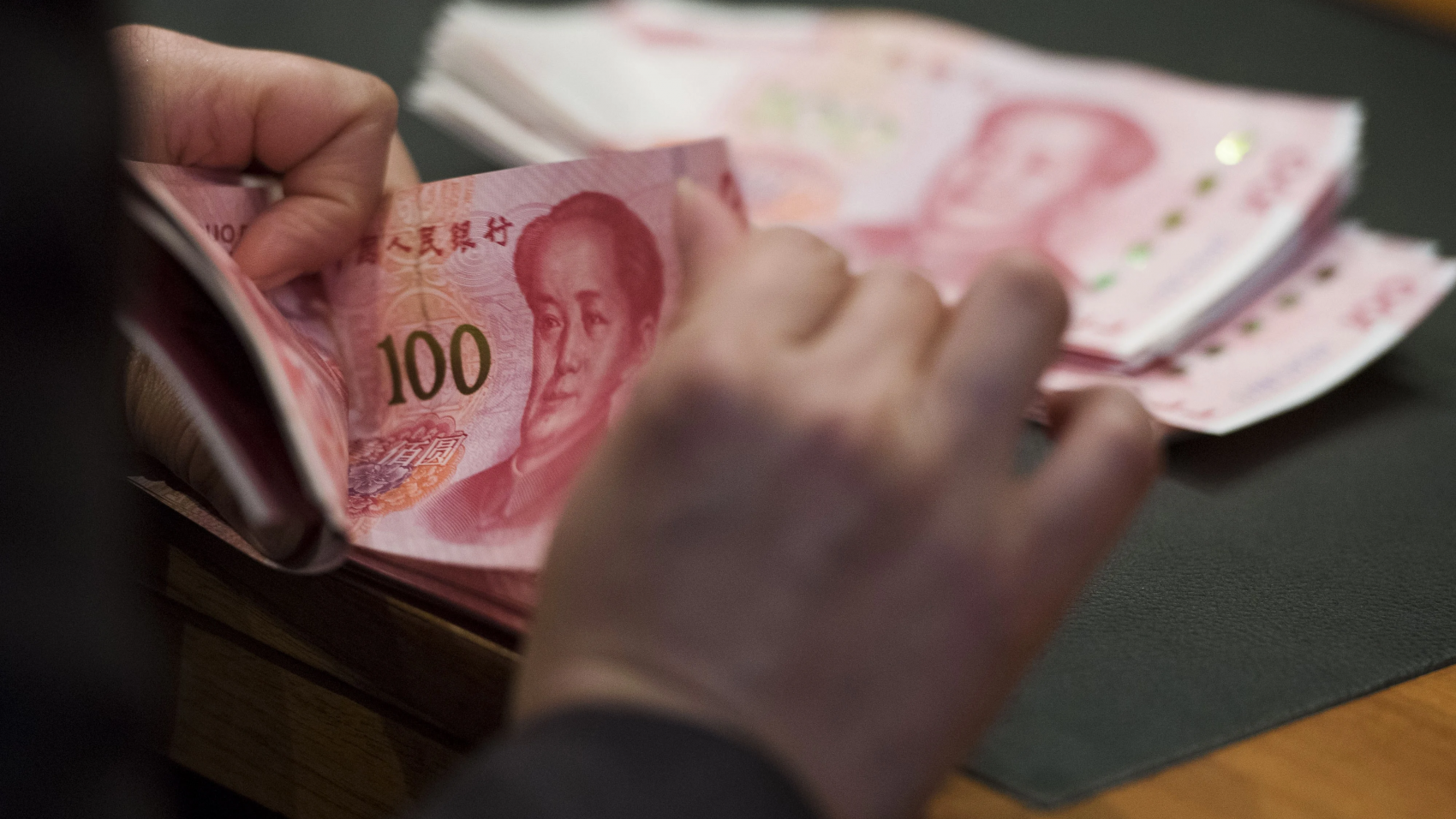The value of border trade via the Myawady border post between 1 April and 25 November hit US$1.456 billion, according to the statistics released by the Ministry of Commerce. The figures showed a drastic drop of $148.545 million recorded in the corresponding period last year. The trade policy changes and political instability in the border areas resulted in an extreme fall in export to Thailand. The border trade between Myanmar and Thailand through Myawady, Tachilek, Kawthoung, Myeik, Hteekhee, Mawtaung and Meisei amounted to $3.452 billion, which is an increase of $451.342 million from the year-ago period.
Myanmar sent agricultural products (chilli pepper, onion, rice powder, turmeric, dried lily buds, coffee bean, green gram, rubber, cinnamon, macadamia nuts in shell, plum from Bago and peanuts), fishery products (anchovy, clam, hilsa, crab, shrimp and other fish) and finished industrial goods on a Cutting-Making and Packaging basis (men’s sweaters, women’s shirts and other clothes) on 27 and 28 November through Myawady border trade zone to Thailand. Onions, rice powder, chilli pepper, coffee beans, peanut, rubber, green gram and fishery products are the main export items to Thailand.
Thailand’s demand for Myanmar’s kitchen groceries has risen as it resumed the tourism businesses in the post-COVID period and the restaurants and food businesses widely used them. Fishery products are directly sent to Bangkok, Thailand, through Mae Sot. The fast and fresh delivery service is the priority. About 33-34 trucks are leaving for Thailand. The authorities are inspecting the goods onboard with the lists in the declaration form. The cloth rolls, construction materials, industrial raw materials, pharmaceuticals, motorcycle parts, footwear, clothes, fruits, food products, cosmetics, gas, lubricants, household goods, foodstuff, bicycles, stationery, auto parts, tiles, feedstuff, fertilizer and electronic devices are imported with 161 trucks. A batch was exchanged for K67 in early November and K79 at the end of November. The exchange rate fluctuation influenced the import volume.
Source: The Global New Light of Myanmar

